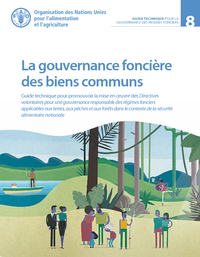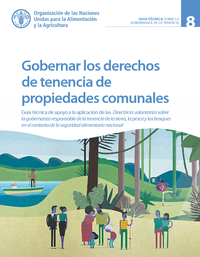Land Rights Matter! Anchors to Reduce Land Grabbing, Dispossession and Displacement. A Comparative Study of Land Rights Systems in Southeast Asia and the Potential of National and International Legal Frameworks and Guidelines
ABSTRACTED FROM EXECUTIVE SUMMARY: Land rights systems in Southeast Asia are in constant flux; they respond to various socioeconomic and political pressures and to changes in statutory and customary law. Over the last decade, Southeast Asia has become one of the hotspots of the global land grab phenomenon, accounting for about 30 percent of transnational land grabs globally. Land grabs by domestic urban elites, the military or government actors are also common in many Southeast Asian countries.





